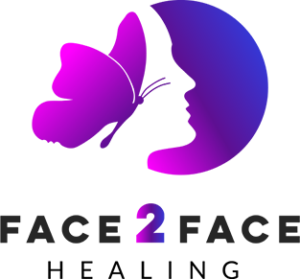Dear Susan,
Due to cancer surgery several months ago, I have partial paralysis on the right side of my face. My mouth doesn’t look too bad and I try to remember when I speak to try to keep my face relaxed and not move my mouth too much. I’m hesitant to laugh and smile, because it’s so lopsided!
My cancer treatment was successful and I try to remember how lucky I am. But I ‘m unhappy about how distorted my face looks. I’ve felt pretty down and I’ve been staying home a lot. I’m wondering how other people handle having something happen to their face.
Signed:Sad in Pittsburgh
Dear Sad in Pittsburgh,
Dealing with a change in your appearance, especially when it involves a facial disfigurement or paralysis, is a major challenge and can definitely affect your self-concept and social confidence.
It’s a crisis that is difficult to deal with alone. I’ve found that people often need to find a supportive person that they can talk to, like a special friend or counselor. It can be awkward to talk about, and one thing that really helps is speaking to someone who has been through a similar experience.
You’re invited to join our support group, which is made up of individuals who are dealing with a disfigurement, and you can call our help line and speak directly to one of our volunteers, who have also dealt with the same sort of problem.
I’m concerned about your hesitancy to laugh or move the muscles in your face. Please understand that in order to suppress your facial expression, you suppress the emotions themselves. Several studies have shown that not only do smiles reflect feelings of joy or satisfaction, but the act of smiling can actually cause you to feel more positive. That includes lopsided smiles!
In our group discussions, we’ve concluded that “people who are truly valuable to us are not going to be repelled by a change in our appearance”. We’ve also noticed that if we make an effort to regard the lack of symmetry in our face as unimportant, other people see it as a lesser problem, too.
Relationships with others are an essential part of our lives and require communication, not only of thoughts but also of emotions. Facial expression is part of this communication, and we’ve found that allowing our faces to reflect our feelings improves and increases our relationships, both casual and personal.
But most of us need help dealing with such a traumatic event and change in our appearance. Be sure and let health team know how you’re feeling and be open to available supportive services. The bottom line is deciding what impact we will allow the disfigurement to have on our lives, and feelings. We can develop the strength and coping skills with support.
And call Face2Face Healing – we’d be happy to talk to you. Call 844-323-4325 option 1.




